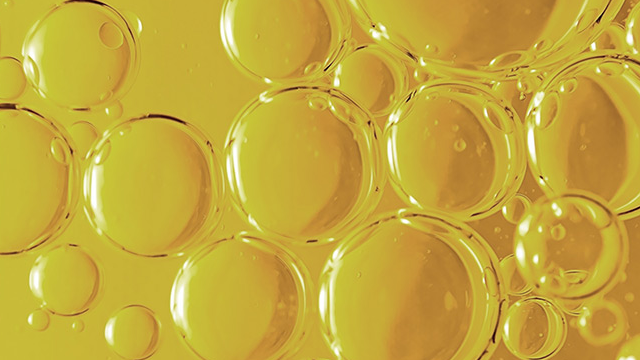Lube oil cleaning
The quality of your lube oil determines equipment lifetime and levels of productivity. Cleaned lube oil maintains its quality over time and is therefore essential to a healthy, trouble-free process. There are a number of options for cleaning lube oil. Our expertise can guide you to the right one.
Clean lube oil helps run a smooth operation
- Removes both water and solids in one operation
- Effective cleaning of even small particle sizes
- Minimal maintenance, enabling more process uptime
- Prolongs equipment lifetime
- Low total cost of ownership (TCO)
Filtration, coalescence and centrifugation are the three main technologies for lube oil cleaning, each with its own special characteristics. Finding the right one for you will depend on the specific requirements of your process. Each of the three technologies are discussed here and we provide everything from comprehensive whitepapers to handy checklists to inform your decision.
Curious to read more about lube oil cleaning?
Looking for products and parts? Visit our product guide or request a quick quote!
The three technologies for lube oil cleaning in brief
Lube oil cleaning has proven to deliver considerable cost savings. But how do you decide on the best technology – the one that offers the best efficiency and least overall cost – for your application? Here we compare the three most common options: centrifugation, filtration and coalescence.
- Centrifugation separates matter of different densities – both water and particles
- Filters use different mesh sizes to capture solids only
- Coalescers remove water from lube oil
Whitepaper: The importance of lube oil cleaning
Eager to understand more about lube oil cleaning? Our whitepaper gives you a comprehensive overview of the technologies available and acts as a guide to choosing the best one for your application.

Quick Product Selection Guide
The Alfa Laval product guide is an easy-to-use tool to help you filter, select and quote the best solution for effective cleaning of coolants, wash liquids and lube oil. Enter the online catalogue and find your selected products and parts now. If the products are not visible for your country, please fill out the contact form.

Checklist: Choosing the best lube oil cleaning technology
Don’t know which lube oil cleaning technology to use? This checklist helps you compare the choices and determine which solution is best for your process.
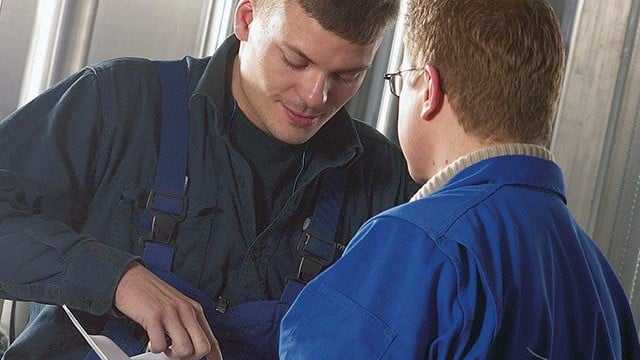
Presentation: The importance of lube oil cleaning
Need to explain lube oil cleaning to others? Use this presentation to help others understand the rationale and technologies.
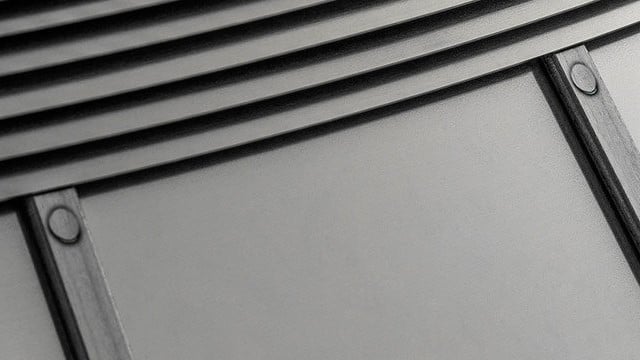
Service

Ensure a long service life
You can expect decades of efficient lube oil cleaning if you take care of your separator correctly. In short, it's a matter of reading the manual, using genuine parts and the right tools. We offer a comprehensive package of detailed service instructions and specific service kits with the genuine spare parts.
- Maximize uptime
- Support long working life
- Ready-to-use kits simplify preventive maintenance and save time
- Reduced order handling time
- Global distribution centers for rapid delivery
Preventive maintenance package
Alfa Laval Preventive Maintenance includes an intermediate service (IS) or a major service (MS) packaged in a box with the parts you need. The service interval depends on running hours or a fixed period of time.
We recommend that you:
- Always follow the service instructions in the separator manual
- Perform an Intermediate Service every 3 - 6 months (2-4,000 hours)*
- Perform a Major Service every 12-18 months (8-12,000 hours), depending on machine type and process conditions*
* The manual gives the maximum requirement. Lube oil cleaning is in general a lenient application where the intervals can be somewhat extended.
Manuals for lube oil cleaning separator
You will find the latest manuals for your OCM (Oil Cleaning Module) here.
They include:
- Safety instructions
- Operating instructions
- Service instructions
- Trouble-shooting
- Technical specifications
Please note that because this product range has been in operation for many years there may be slight variations in design.
The manuals cover all aspects of running and taking good care of your investment.
We have manuals for:
- MAB 103 (OCM 103)
- MAB 104 (OCM 104)
- MAB 206 (OCM 206)
- MMB 304 (OCM 304)
- MMB 305 (OCM 305)
Separator module size is found on the name plate.
If the manual for your lube oil separator does not correspond with your product, please contact us.
Order a separator service kit
Maintenance of your centrifugal separator is easy. In normal cases, all you need is to order your separator service kit and install on your separator, to have a trouble free operation. To identify a matching service kit, and request a quote, please see our product guide.
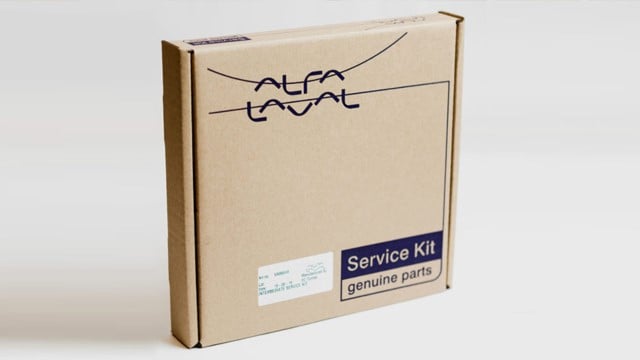
Service films
We have a number of service films to help you get the best out of your oil cleaning module.
Installation of a lube oil cleaning module
Lube oil cleaning module in operation
Manual cleaning of a separator
Get a quick quote
You can get a cost estimate for your lube oil cleaning needs quickly and easily using this simple form. Fill in basic details about your system and we’ll get back to you shortly.
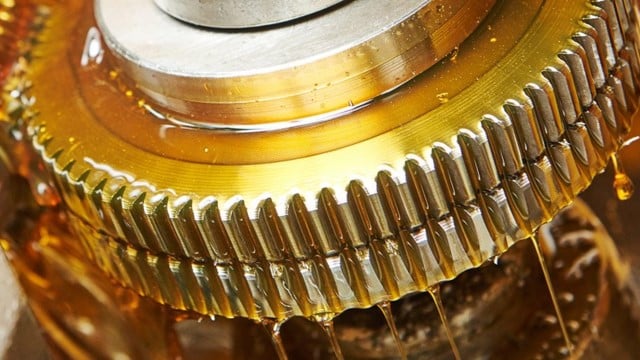
Lube oil cleaning problems
If your lube oil isn't properly cleaned or maintained, your valuable equipment risks being damaged by both solid and water contamination. This leads to costly maintenance and repair – and even operational shutdown. These problems are avoidable.
Preserving the quality of your lube oil over time, offers the best defence against problems caused by contamination. By focusing on clean oil, you increase your control over maintenance costs and help keep operations on schedule and within budget.
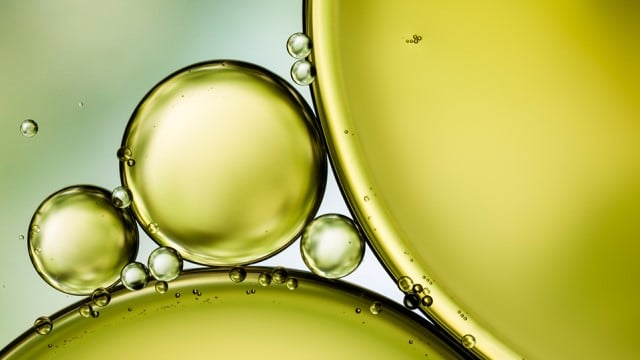
Solid contamination
Solid particles cause many operational failures. Particles larger than a given gap size block the flow while those smaller than the gap size cause erosive wear, which can block gaps fully and create micro-cracks. Solids slightly bigger than or similar in size to the dynamic tolerance between the moving parts are the most harmful. They cause abrasive wear and surface fatigue which can lead to failure.
Water contamination
Water is the primary cause of corrosion and can lead to costly equipment replacement and/or repair. Water in oil can lead to micro-pitting in metal surfaces and metal-on-metal contact. It encourages steel components to become brittle and crack. It also lowers oil viscosity, reducing lubricity.
Benefits snapshot: Cost-effective lube oil cleaning
Interested in low operational costs? This infographic gives you a snapshot of lube oil cleaning benefits, with a clear total cost of ownership comparison between different technologies.
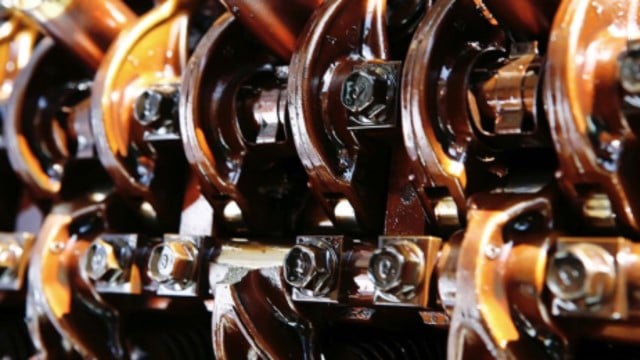
Lube oil cleaning blog
Keeping contaminants out of lube oil may be a challenge but cleaning can be easy with the right technologies and know-how. Browse our lube oil cleaning blog posts for advice on boosting productivity, reducing maintenance requirements and cutting operational costs.
Lube oil cleaning FAQs
Find answers to the most frequently asked questions about lube oil cleaning here. For a more detailed discussion of common issues, check our lube oil cleaning blog.
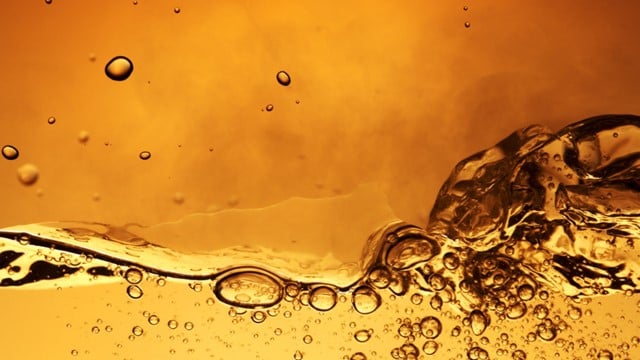
Marine customer? We have the optimal oil solution
The marine sector has its own requirements and demands when it comes to lube oil solutions. That’s why we offer a range designed specifically to meet those needs.

Contact us
Get ready to improve productivity and reduce equipment lifetime costs. Have any questions about lube oil cleaning? Need help choosing the right solution? Contact us to learn more about how our lube oil cleaning solutions can help your business.
Simply complete the form and we'll get back to you as soon as possible.

